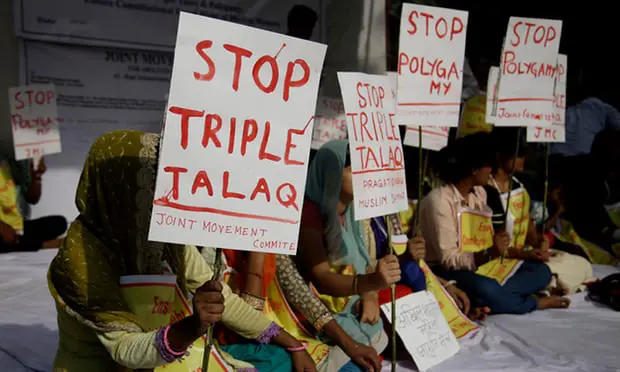Government forces have used chemical weapons more than two dozen times during Syria’s civil war, including in April’s deadly attack on Khan Sheikhoun, U.N. war crimes investigators said on Wednesday.
A government warplane dropped sarin on the town in Idlib province, killing more than 80 civilians, the U.N. Commission of Inquiry on Syria said, in the most conclusive findings to date from investigations into that chemical weapon attack.
The panel also said U.S. air strikes on a mosque in Al-Jina in rural Aleppo in March that killed 38 people, including children, failed to take precautions in violation of international law, but did not constitute a war crime.
The weapons used on Khan Sheikhoun were previously identified as containing sarin, an odourless nerve agent. But that conclusion, reached by a fact-finding mission of the Organization for the Prohibition of Chemical Weapons (OPCW), did not say who was responsible.
“Government forces continued the pattern of using chemical weapons against civilians in opposition-held areas. In the gravest incident, the Syrian air force used sarin in Khan Sheikhoun, Idlib, killing dozens, the majority of whom were women and children,” the U.N. report said, declaring the attack a war crime.
Commission chairman Paulo Pinheiro told a news conference: “Not having access did not prevent us from establishing facts or reasonable grounds to believe what happened during the attack and establishing who is responsible.”
In their 14th report since 2011, U.N. investigators said they had in all documented 33 chemical weapons attacks to date.
Twenty-seven were by the government of President Bashar al-Assad, including seven between March 1 to July 7. Perpetrators had not been identified yet in six attacks, they said.
The Assad government has repeatedly denied using chemical weapons. It said its strikes in Khan Sheikhoun hit a weapons depot belonging to rebel forces, a claim “excluded” by Pinheiro.
That attack led U.S. President Donald Trump to launch the first U.S. air strikes on a Syrian air base.
A separate joint inquiry by the United Nations and OPCW aims to report by October on who was to blame for Khan Sheikhoun.
The U.N. investigators interviewed 43 witnesses, victims, and first responders linked to the attack. Satellite imagery, photos of bomb remnants and early warning reports were used.
(REUTERS)
 简体中文
简体中文

